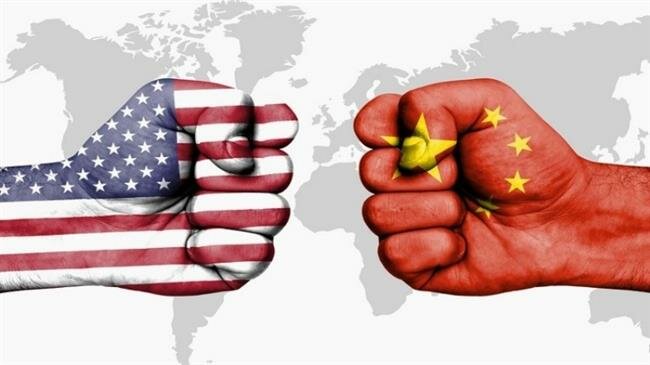The President of the US-China business council, Craig Allen, has launched a blistering attack on the Trump administration over its handling of Chinese ICT leader Huawei.
Allen described the restrictions imposed on Huawei as comparable to ‘murder’, and added that the protracted trade war between Beijing and Washington, is having a negative economic impact on both countries.
The decision by US President Donald Trump, to sign an executive order has forced American companies to sever ties with Huawei, and it sparked a fresh escalation in tensions between the two economic global superpowers.
Allen said that if the US wants to keep the Chinese telecom behemoth out of its network then it has every right to take that action, but stressed that the draconian actions they’ve taken are excessvie to say the least.
Allen told CNBC’s Capital Exchange Summit, “If we want to keep Huawei out of our network, it’s easy to do. Let’s just ban them. But putting them on the entity list and prohibiting U.S. companies from dealing with them, it’s more like murder. It’s trying to put an end to them.”
The US-China business council represents about 200 American companies that do business with China.
Allen added, “If a stranger knocks at your door, you don’t have to let them in, but do you have the right to take a gun and shoot them?”
The worrying aspect of the ongoing trade dispute between the US and China, is that it shows absolutely no signs of finding a resolution agreement that satisfies both parties. China has threatened to cut off its rare earth mineral supply to the U.S. and reportedly stopped ordering U.S. soybeans.
“We are paying a short-term cost but the long-term cost would be yet greater,” Allen said. “Will China not invest in soybeans in Brazil, Argentina and Ukraine? Of course they will. Not everything is a transaction. We have to consider this over the long term. At the end of the day, we have to deal with the Chinese if we want to get there.”
On the same panel at the CNBC Capital Exchange Summit, Thea Lee, president of the Economic Policy Institute, strongly condemned Trump’s use of tariffs in negotiating a trade deal, pointing out that his destructive approach was significantly harming US relationships with other key trading partners.
“Trump is using that tool (tariffs) too haphazardly, and in a way he’s not sending clear messages to either business communities or to trading partners,” Lee said at the summit. She added, “He’s burning bridges with a lot of trading partners, which is going to cost us over the long run.”
“If a tariff is used strategically and surgically to address an unfair trade practice, you have this short-term disruption and short-term inconvenience and higher prices along the way, but ultimately in service of addressing a problem. That’s what I don’t see this current administration doing, it’s more like a battle of egos and a battle of wills,” she added.
Trump has not only used tariffs in the trade war with China, but he also threatened to slap tariffs on Mexican imports unless that country took action to control migration across the border with the U.S. The Mexico tariffs were eventually avoided after the U.S. and Mexico reached an agreement on immigration issues.





